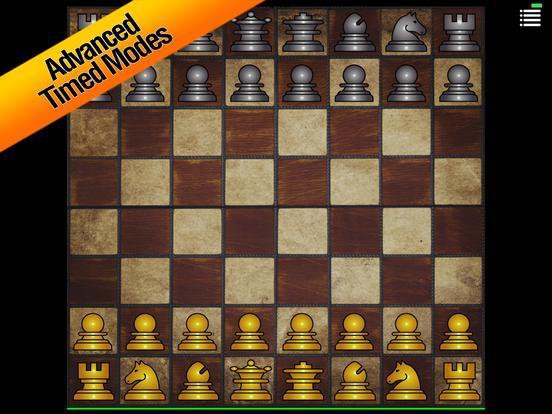

The possible moves are all squares a piece can go to according to its basic chess movement patterns. The first step in finding all legal moves is to find all possible moves so we can remove the illegal ones later on. While the basic movement patterns of the pieces are quite simple, there are many special cases we have to consider when implementing the chess rules. The first step is finding all legal chess moves in a position. Unfortunately, it was never good enough to defeat me in a game.Īs a new challenge, I want to create a chess AI that’s strong enough to defeat me as an, optimistically put, average chess player. One of my first projects, when I was learning C++, was to develop a chess AI. While I have been playing a bit and doing a lot of puzzles, it mostly got me interested in developing my own chess engine again. I have also rediscovered my love for chess after watching the show. A lot of people who were stuck at home during the lockdowns picked up online chess as a pastime and after Netflix released their amazing show The Queen’s Gambit, even more people got interested in the game. It’s a self-contained world you can explore, and it illustrates many of the phenomena that we see in AI more broadly.Chess has experienced a massive boom in 2020. "Just as geneticists often care less about the fruit fly itself than its role as a model organism, AI researchers love chess, because it's one of their model organisms. "Chess been described as the 'fruit fly' of AI research," said Cornell professor and study co-author Jon Kleinberg in a news update published by the American univeristy this week. In other words, they need to teach the robots not only what we know, but how to think like us. The researchers say that a crucial step in bridging the gap between human and machine learning styles is to model "the granular actions that constitute human behavior," as opposed to simply matching the aggregate performance of humans.

"However, the ways in which AI systems approach problems are often different from the ways people do, and thus may be uninterpretable and hard to learn from." "As artificial intelligence becomes increasingly intelligent - in some cases, achieving superhuman performance - there is growing potential for humans to learn from and collaborate with algorithms," reads a description of the project from U of T's Computational Social Science Lab. The root goal in developing Maia, according to the study's authors, was to learn more about how to improve human-AI interaction. But the implications of the research actually go far beyond online games. Cool? Certainly - and the project is already helping online chess buffs play more enjoyable matches.


 0 kommentar(er)
0 kommentar(er)
